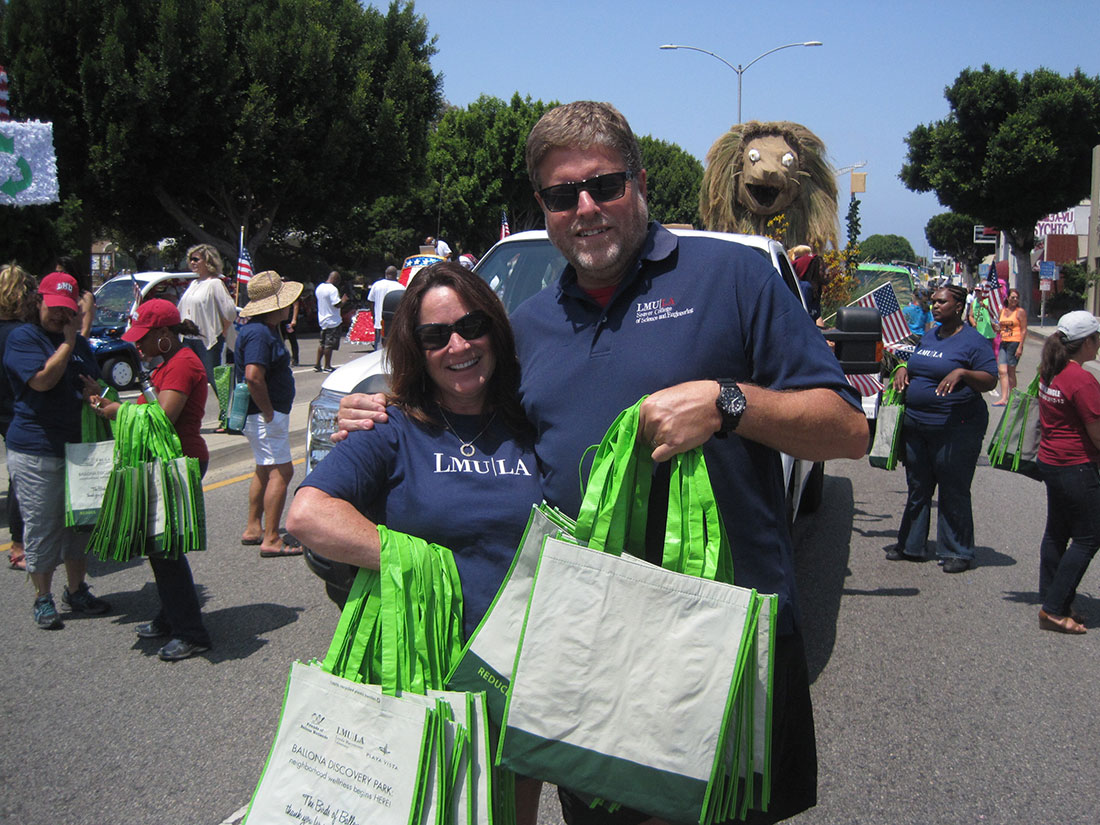Happy Fourth of July from the CURes Team! We wanted to provide you with some environmental talking points to share in conversation with your family and friends as you celebrate the holiday.

The Fourth has environmental and ecological impacts that are oftentimes not considered by celebrators. According to the EPA, fireworks on this day alone accounts for a temporary increase in fine airborne particulates of around 42%. Particulate matter can have negative health effects, including coughing, shortness of breath, and asthma attacks. In an analysis by Forbes, it is estimated that fireworks on the Fourth account to 0.01% of global anthropogenic pollution for that day, an equivalent to burning 8000 barrels of gasoline. Air conditions are worst between 9-10pm on the Fourth. Additionally, metropolitan areas show levels of particular matter that exceed EPA thresholds – including Los Angeles.
Fireworks are made of a variety of chemicals, some of which can end up in water supplies, perhaps harming fish and other animal species, including potentially humans. For example, perchlorates (a stabilizing agent used with gunpowder) have been shown to increase 1000 times above baseline in an Oklahoma lake 14 hours after fireworks were used above the area. Heavy metals used to create firework colors may also have harmful effects at high concentrations, including: strontium (impairs bone growth), aluminum (brain and lung effects), copper (forms dioxins, causes skin lesions), barium (gastrointestinal problems and muscular weakness), rubidium (skin irritation), and cadmium (carcinogen). While individual humans may not be directly exposed to levels high enough to cause these effects, chemical concentrations get magnified as they move up the food chain, perhaps harming higher level species or food supplies.

Firework packaging and un-burned materials are oftentimes not disposed of properly, leading to pollution. Additionally, litter from festivities in public areas can be a source of environmental concern. Make sure to dispose of waste properly (including recycling and compost) and encourage others to do the same.
More fires are reported in the US on the Fourth than any other day of the year. Of these, 47% are caused by fireworks, leading to damage in natural and urban areas, and causing physical harm to individuals. Use fireworks in a controlled setting far from flammable materials to limit the risk and check fire hazard levels in your area.
Noise pollution from fireworks can be traumatic to pets and wild animals. It isestimated that almost half of

domesticated pets display fear of fireworks. While this fear is fairly equal across dog species, it can be more significant for older animals. This fear response can lead to pets running away from their homes – July fifth is one of the busiest days for animal control in the US. In terms of wild fauna, researchers documented that sea lions and similar species are noticeably disturbed by fireworks. Birds have also been recorded leaving in large groups from areas after fireworks are set off.
Some ideas to lessen your environmental impact on the Fourth include:
- Go meatless at your celebration – red meats have a 10-40% higher greenhouse gas contribution versus vegetables and grains, animal agriculture leads to deforestation, and beef in particular has a high water cost (4 million gallons/ton produced)
- Use real plates and reusable water bottles
- Cooking represents more of a meal’s carbon footprint than its transport – consider limiting grilling, boiling and baking over other food prep options
- Consider using an electric grill – or charcoal briquettes, which offer a lower carbon footprint than lump charcoal or propane. Try to find briquettes made from invasive tree species or sustainably managed forests.
- Use public transportation
- Use smaller fireworks to limit material waste

CURes Executive Director, Dr. Eric Strauss, with his wife, Erin - Many communities on the west coast have clean ups on July 5th – including San Diego, Los Angeles (7/7), Portland and Seaside (OR), San Luis Obispo, Ocean Shores and Puget Sound (WA), and Lake Tahoe – check to see if there are events in your area!
Once again, happy Fourth of July!